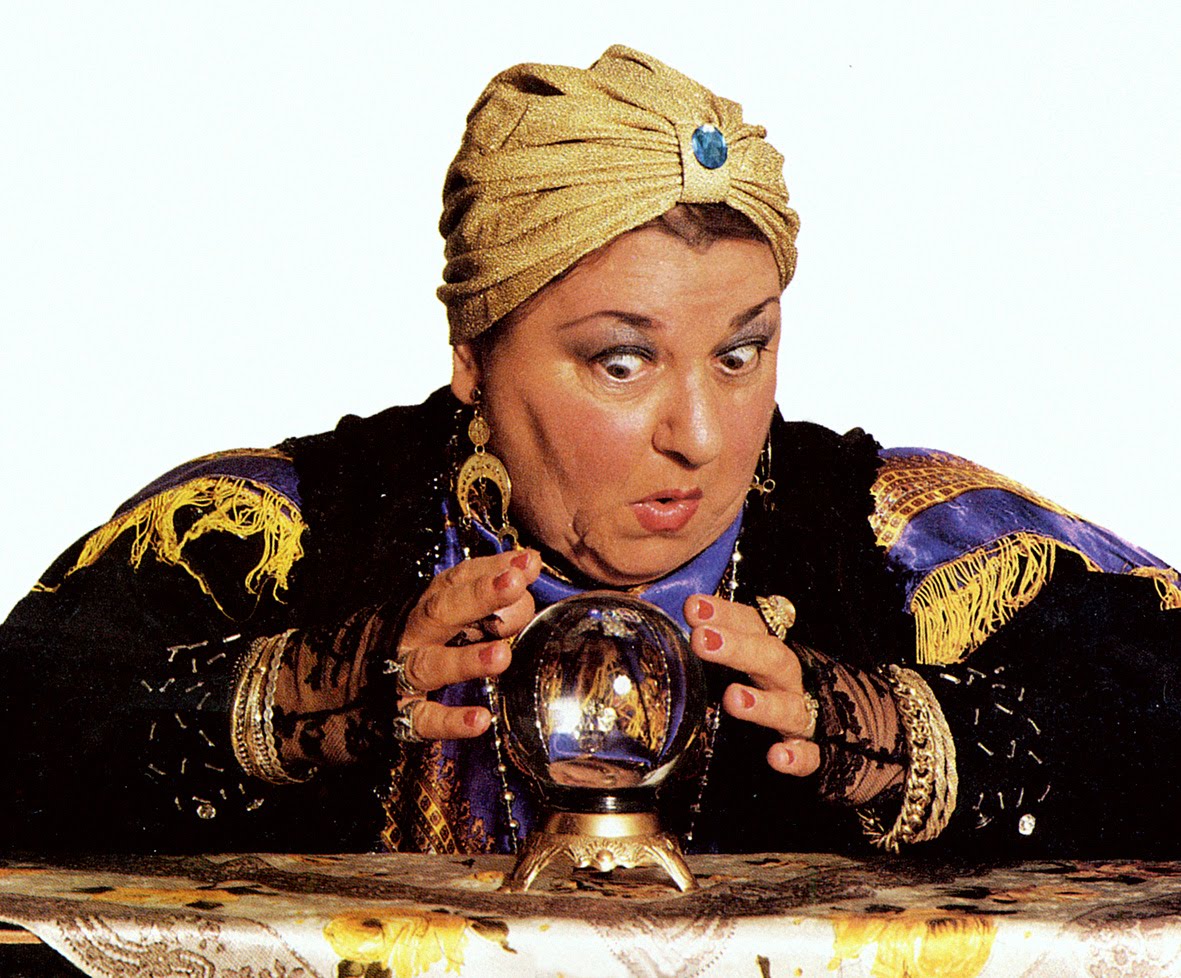“Get the listing... priced right” How agents handle pricing
There is a renowned American real estate trainer who runs a course for agents titled, ‘Get the listing, priced right’. During the course, he teaches agents how to handle the most imaginable and practical price objections home sellers are likely to raise. There is a line in the course that is profound. The trainer cautions his students ‘the title of the course is “Get the listing -priced right”. The first objective of the course is to “get the listing”. There is no point correctly pricing a listing that goes to a competitor’.
Whilst this is taught with honourable intent, it also cuts to the age-old issue when selecting a selling agent for your home. The agent quoting, promising, suggesting or flat out lying about how high the price could go – is often perceived favourably by the prospective vendor. This is not a conscious response to an agent overquoting. Quite simply, we are all susceptible to messages we want to hear and believe.
There is a real estate maxim that states ‘agents who constantly promise the most money, have the least skill’. The underlying message here is if an agent needs to quote an unrealistic and unachievable price to win the listing, then they probably lack the skills to articulate why they deserve to be the listing agent.
In a stable or rising market, an over quoting agent is unlikely to do much harm other than cost the vendor time and cause some aggravation. But in a falling market, an agent that over promises can ultimately cost their client money, particularly if the market continues to fall whilst the property is priced above the market.
Essentially, the current market has been falling at worst and stable at best from a vendor’s perspective.
The relative strength in the top half of the market also distorts the data across the entire market, hence Core Logic’s February results.
Therefore, sellers who understandably want and need to maximise the selling price need to determine how to identify a skilled agent and avoid one who is merely over quoting.
Hard evidence – ask the agent to show you, what they deem to be the 3 best and recent comparable sales to your property. Ask yourself if these sales examples make sense and align with the price the agent has quoted for your property.
Justify it in reverse – ask the agent to justify the value they have quoted you from a buyer’s perspective. Does the agent’s reasoning hold? If the agent is unable to emphatically convince a buyer of the intrinsic value, then they are unlikely to secure the sale for you at that price.
What do you think it’s worth?
– if an agent ever asks you this question, respond with, ‘I will only answer that question once you do’. Some agent’s pricing strategy is to elicit the price the prospective vendor wants and then agree with them that yes, ‘that seems like fair value’. Clearly this is not a professional real estate valuation or appraisal process, its flat-out manipulation.
Let’s start low and work it higher – if the agent quotes a range for your property but then suggests that you should advertise the price, below that range to attract buyers, then you are well on the way to being sold down the river. Quote high to the seller, start low with the buyers and then competition will drive the price to a premium is just another ‘get the listing, priced right’ tactic.
Boom time example – avoid becoming excited or overly confident about comparable property sales in superior market conditions. A boom time sale cannot be denied as having happened, but it will almost certainly be dismissed as having relevance by the buyers once you list. If you list in a flat market and price based on what happened during the boom, the agent will spend 60 to 90 days conditioning you about ‘the market’.
Respect the agent that does not compete on price – the best agents know they control the process, not the price. Many people select their agent based on price, fees and/or the relationship with the agent. Whilst these are significant elements in the selection criteria, the agent’s proposed selling strategy will largely determine the ultimate outcome. A high quoting agent or one offering a low fee schedule won’t help the vendor very much once the campaign has begun.
The best way to attract the market to your property is to pitch at the ‘current market price’. If you pitch at current market price, you attract the market. From there, competition amongst fair minded market-based buyers builds. The best buyer will then emerge in a timely fashion. Sometimes, excess competition pushes the price above current market price. The key to this strategy is being pragmatic about the current market price to begin with.
If you want a significant premium to the current market price, be very careful about committing large amounts of advertising money chasing the result. It’s unlikely to end well. Underquoting or pricing below the market price to attract buyers can easily backfire in a tight market. The vendor and/or agent mistakenly believe they are assured of creating a buyer frenzy when in reality they are setting a low price point in the buyer’s mind for the listing/property.
Setting the right price is not straight forward, nor is it overly complicated. It just needs to be pragmatic, and evidence based, backed by a strong selling strategy.
Peter O’Malley, author of Inside Real Estate



